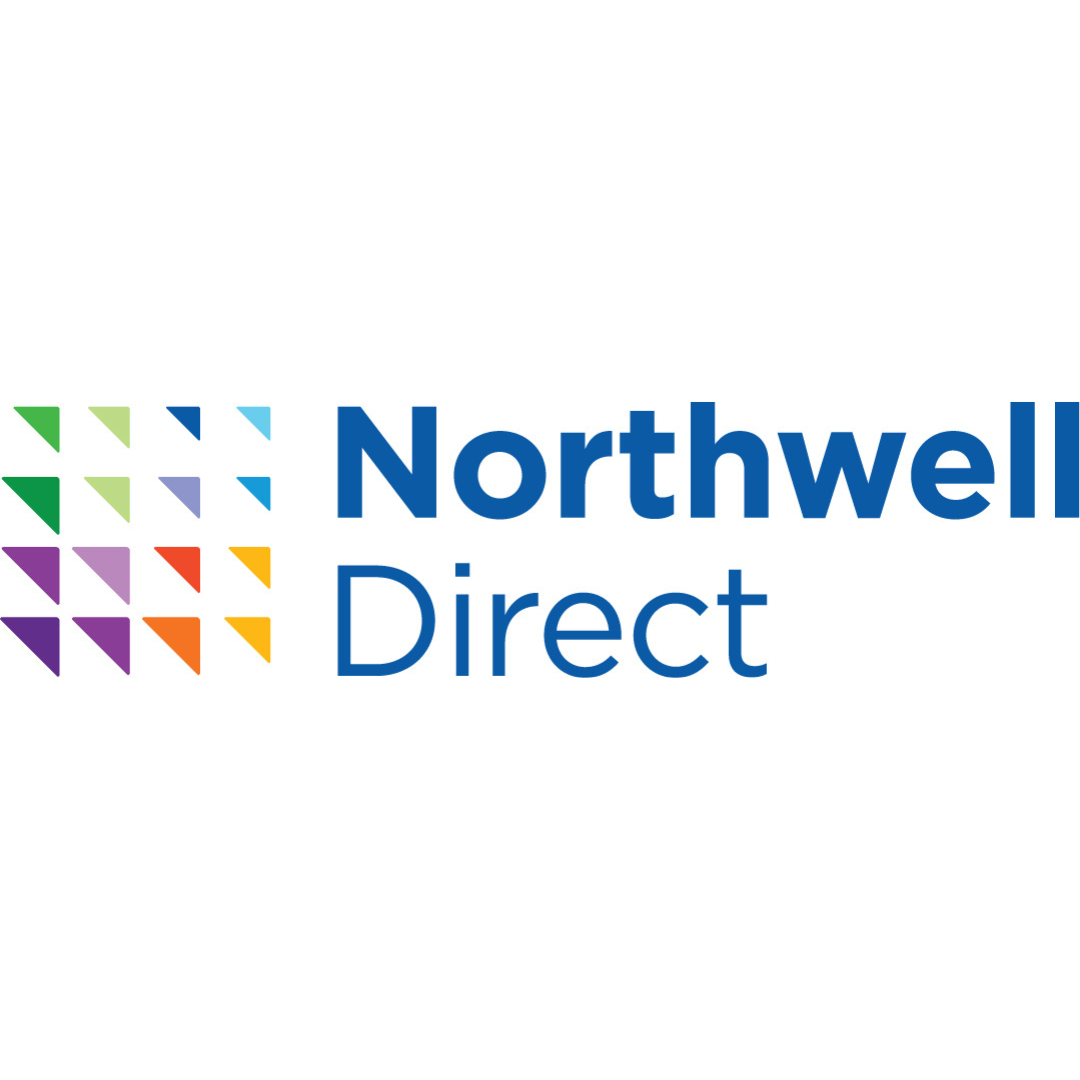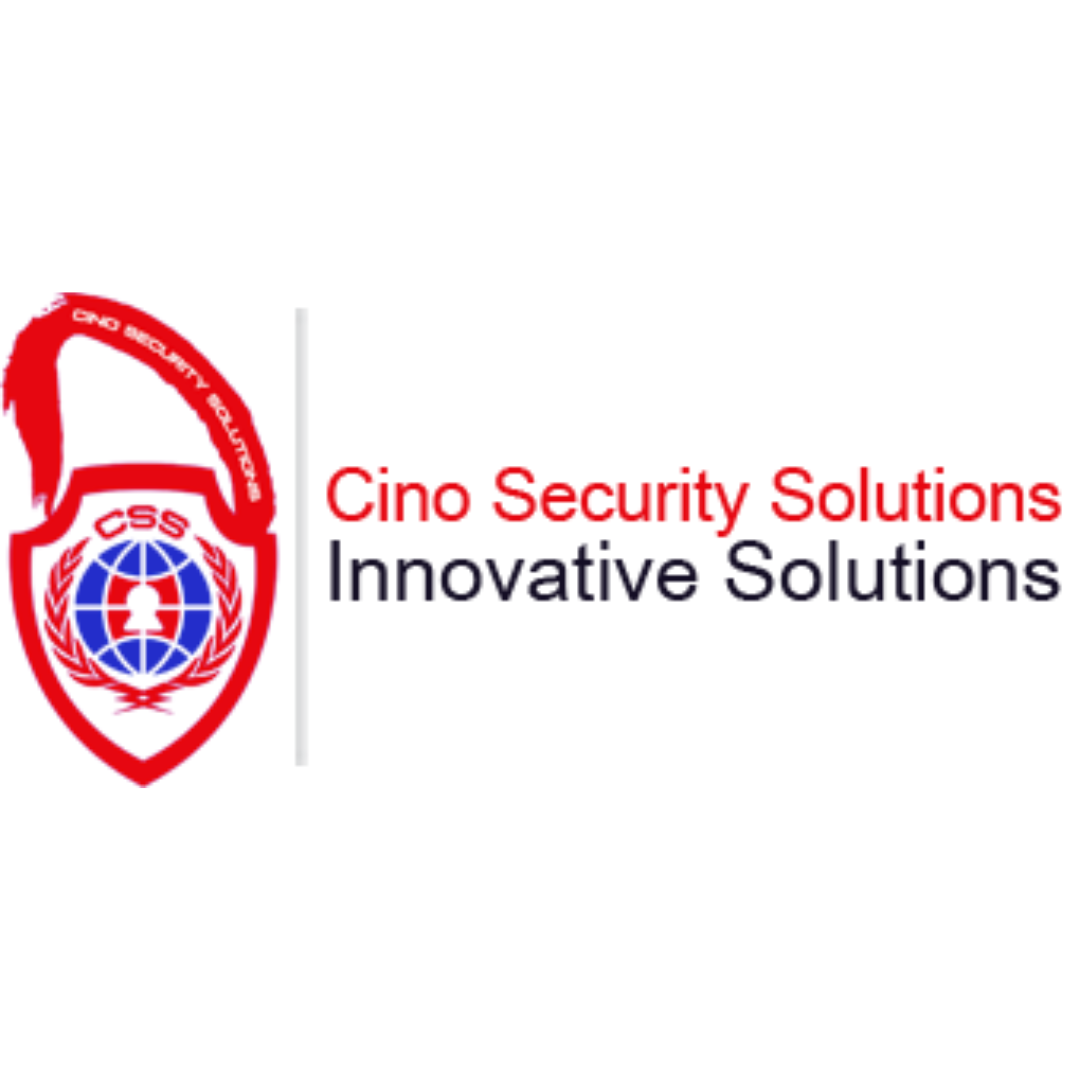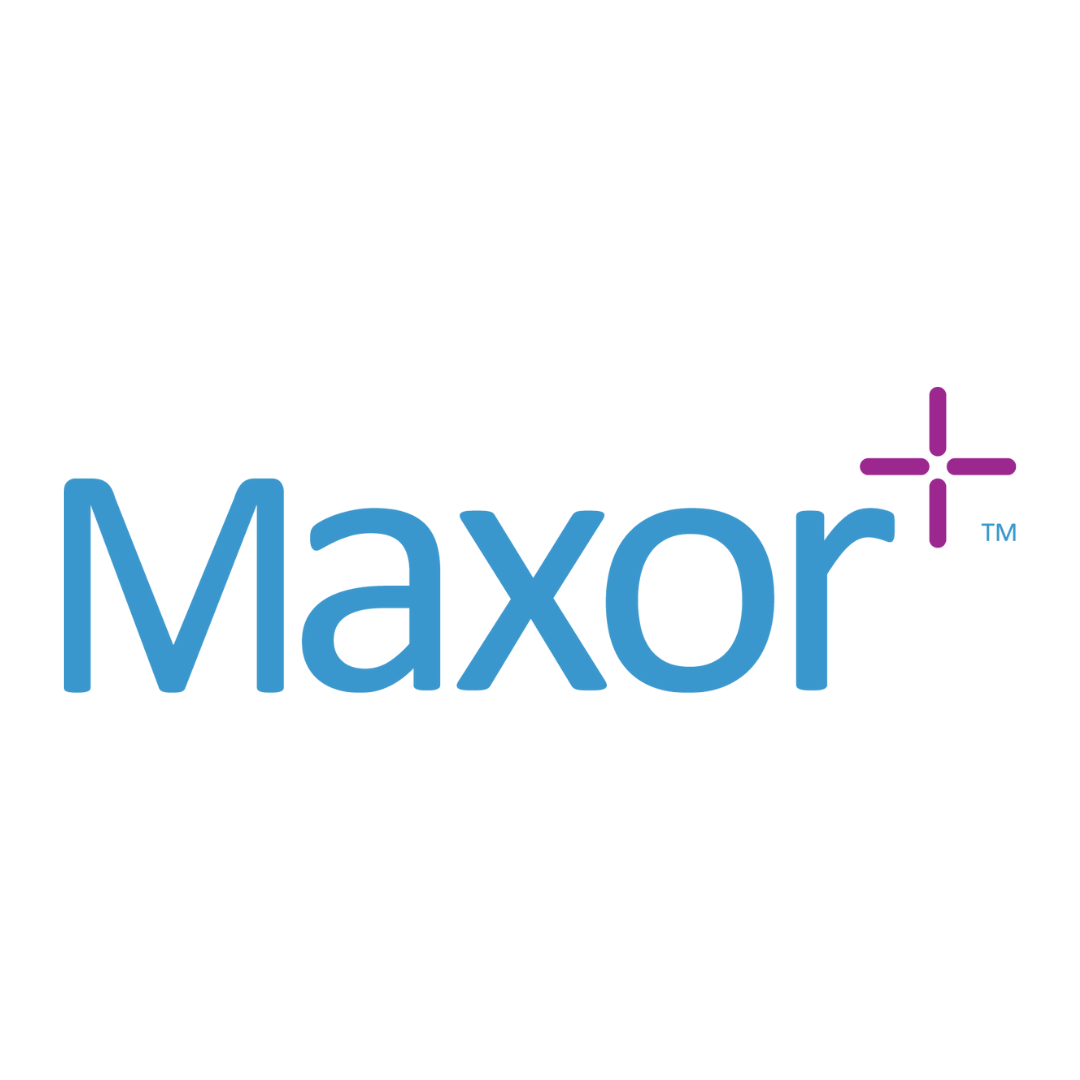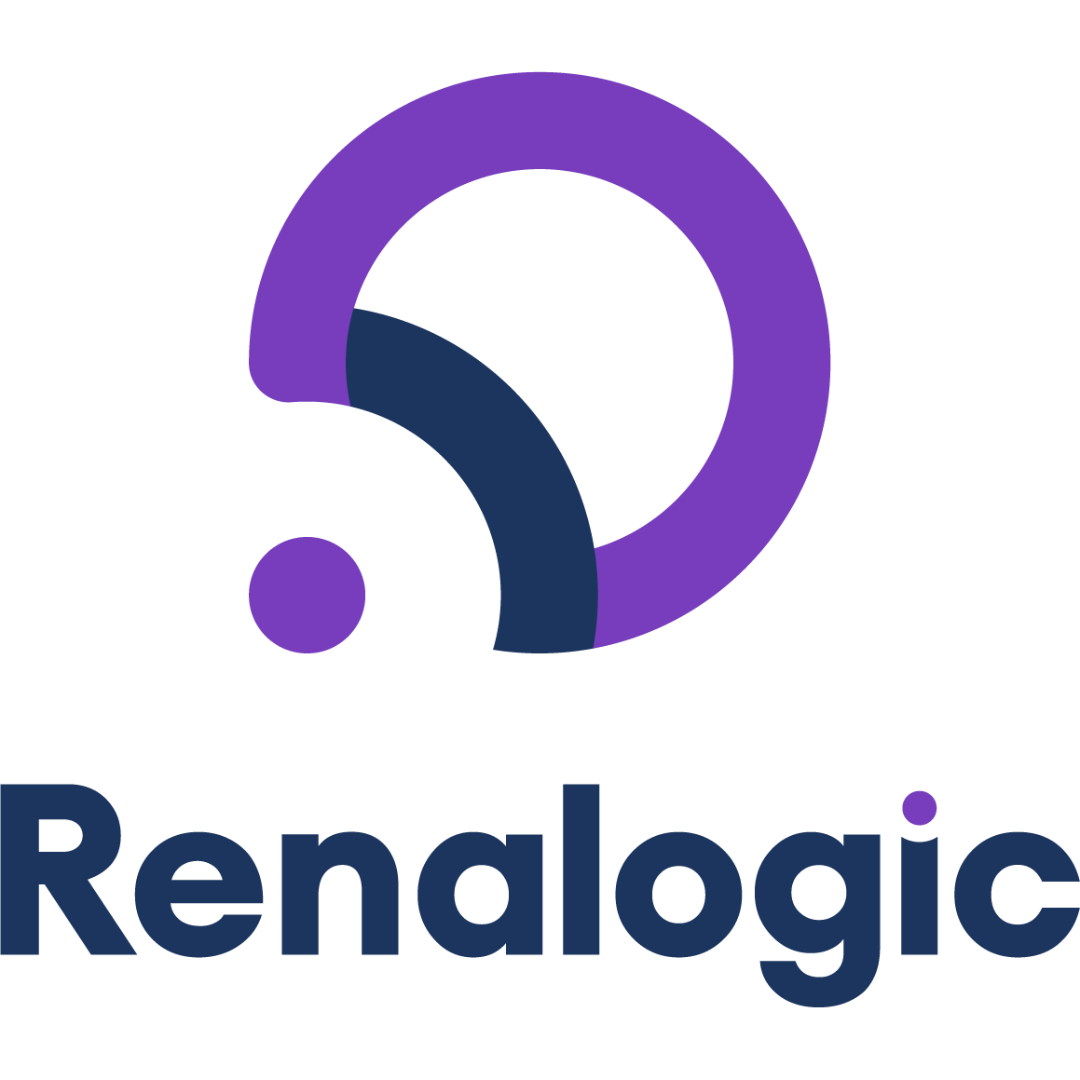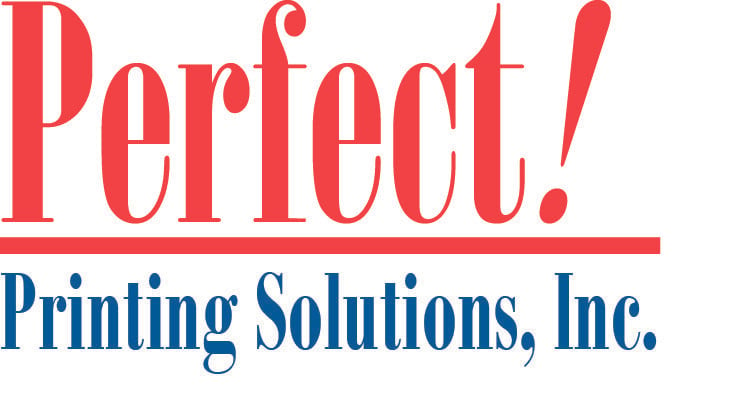The Importance of Early Detection & Prevention of Chronic Kidney Disease

Chronic Kidney Disease (CKD) is a serious health condition that affects millions of people worldwide. It occurs when the kidneys are damaged and are unable to function properly over an extended period. CKD can lead to various complications, including kidney failure, cardiovascular disease, and even death. However, early detection and prevention can play a crucial role in managing CKD and improving long-term outcomes.
What is the impact of CKD?
CKD is a global health concern, affecting approximately 10% of the population worldwide. It is associated with a significant burden on individuals and health plans. CKD is often a silent disease, with symptoms appearing in the later stages when kidney damage is already severe. Early detection becomes crucial in preventing irreversible complications and improving quality of life.
Can CKD be treated if detected early?
Early detection of CKD allows healthcare providers to intervene promptly and implement necessary measures to slow the progression of the disease. Screening tests, such as blood and urine tests, help identify potential indicators of kidney dysfunction, including elevated creatinine levels, abnormal urine albumin levels, and reduced glomerular filtration rate (GFR). Regular health check-ups, particularly for individuals with risk factors like diabetes, high blood pressure, and a family history of kidney disease, are essential for early detection.
What strategies prevent CKD?
- Managing Risk Factors: Controlling and managing risk factors significantly contribute to preventing CKD. Conditions such as diabetes and hypertension are leading causes of kidney disease. By optimizing blood sugar levels and maintaining healthy blood pressure through lifestyle modifications, medication adherence, and regular monitoring, individuals can reduce the risk of developing CKD.
- Balanced Diet and Hydration: A healthy, balanced diet that includes fruits, vegetables, whole grains, and lean proteins can contribute to kidney health. Avoiding excessive sodium intake, limiting processed foods, and staying adequately hydrated are beneficial in maintaining proper kidney function.
- Avoiding Nephrotoxic Substances: Certain medications, herbal supplements, and environmental toxins can harm the kidneys. It is essential to consult healthcare professionals and follow prescribed dosages to avoid potential nephrotoxicity.
- Smoking Cessation and Alcohol Moderation: Smoking damages blood vessels, including those in the kidneys, and increases the risk of kidney disease. Likewise, excessive alcohol consumption can have detrimental effects on kidney function. Avoiding smoking and moderating alcohol intake are vital preventive measures.
How do you educate employees about CKD?
Raising awareness about the importance of early detection and prevention of CKD is important for both individuals, health plans, and providers. Educating the public about risk factors, symptoms, and available screening tests can empower employees to take proactive steps toward kidney health. Health plans and employers play a vital role in disseminating information and encouraging regular check-ups for high-risk individuals.
Summary
Early detection and prevention are fundamental in managing chronic kidney disease (CKD) effectively. By identifying CKD in its early stages, healthcare plans and providers can implement interventions and lifestyle modifications that slow disease progression, reduce complications, and improve patient outcomes. Emphasizing risk factor management, maintaining a healthy lifestyle, and promoting patient education can collectively contribute to reducing the burden of CKD.
Learn more about how Renalogic solutions protect plan assets and reverse CKD progression.
Download Flyer



